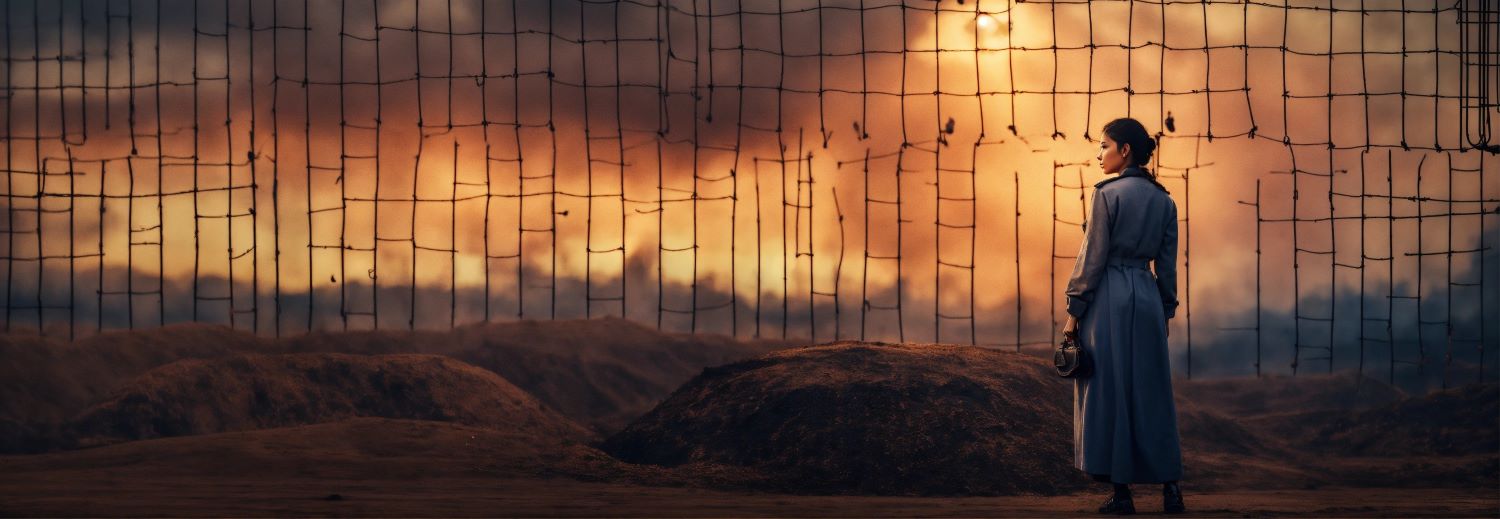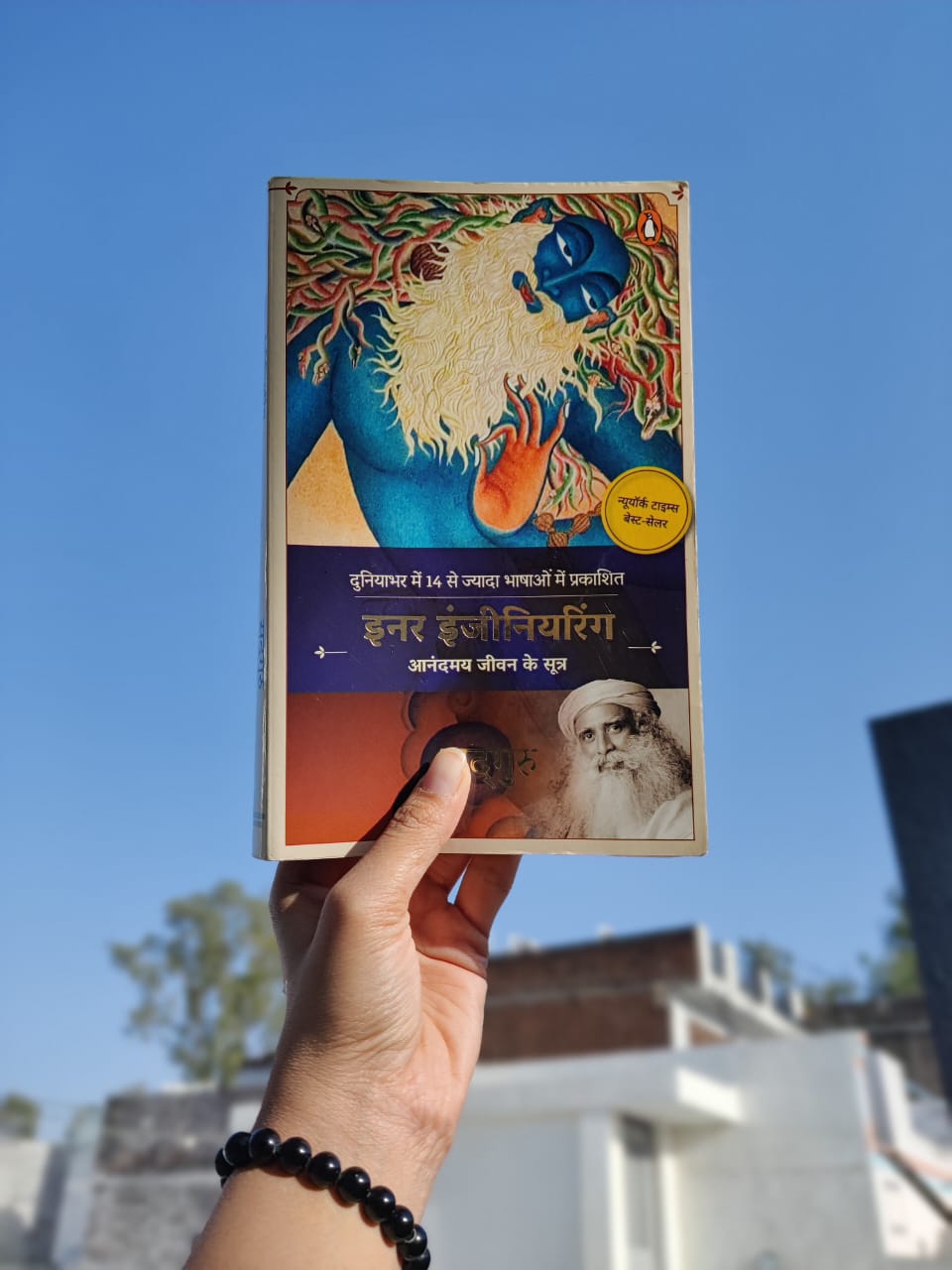Belief System!

What Essential Insights Await in the Realm of Belief Systems✍️
Belief systems are indeed vast, touching on spirituality, psychology, and much more. They’re essentially the assumptions we accept as someone’s reality. Yet, I aim to offer my viewers more than just recycled information. I want to provide them with essential insights that empower them to question and explore their own beliefs, fostering personal growth and understanding along the way.
Belief is like a sponge, soaking up ideas from our surroundings, whether from family or friends. It’s almost like a ready-made set of answers to life’s questions, even if we don’t realize it.
Imagine your sister facing a setback, perhaps failing at something important. In moments like these, the beliefs ingrained in us by our parents and society start to take root. They tell us, “Don’t try that, you might fail too.” This is where a new belief system begins to form, subtly influencing how we perceive the world and ourselves.
At its core, belief acts as a reassuring guide, offering answers to life’s uncertainties. Yet, it’s important to realize that these answers aren’t always grounded in absolute truth; rather, they’re assumptions we adopt, often without even questioning. When we witness someone’s failure, we might instinctively absorb the belief that avoiding similar actions guarantees safety. It’s a positive belief system in the sense that it aims to protect us from harm, but it also limits our potential and closes doors to new experiences.
In essence, belief is a delicate dance between our experiences, the teachings of our upbringing, and the influence of society. It’s both a shield and a barrier, shaping our choices and perceptions. Understanding this can empower us to question the beliefs we hold, to discern whether they truly serve us or if they’re merely assumptions we’ve inherited along the way.
Breaking Free: Challenging False Beliefs in Society🤔
False belief systems are like unwritten rules that society imposes on us, dictating how we should live our lives. Take, for instance, the expectation in India that young people should get married by a certain age and have children soon after. It’s ingrained in our culture, and many people follow it without questioning why.
But here’s the thing: blindly following these beliefs can lead us away from our true selves. It’s like we’re all sheep, just following the herd without stopping to think if it’s really what we want or if it aligns with our own values and dreams.
Imagine a young person feeling pressured to get married and start a family because it’s what everyone expects. They might go along with it, only to realize later that it’s not what they truly wanted. That’s when they start to feel disconnected from their inner truth, their divine nature.

It’s important to question these false beliefs and to listen to our hearts and desires rather than blindly following the crowd. True fulfillment comes from living authentically, not from conforming to society’s expectations. So let’s break free from these false conditioning and embrace our true selves, living in alignment with our unique paths and purposes.
Belief Blindspots: Avoiding Wrong Paths!
People often make the mistake of following the wrong belief system when they unquestioningly accept societal norms, cultural expectations, or inherited ideologies without critically evaluating them. Here are some common reasons why people may fall into this trap:
Social Pressure:
Human beings are inherently social creatures, and we often seek validation and acceptance from our peers and communities. This can lead individuals to adopt belief systems simply because "everyone else is doing it," without considering whether it aligns with their own values or desires.
Family Influence:
Family plays a significant role in shaping our beliefs from a young age. Children are often taught the same belief systems as their parents and caregivers, sometimes without being encouraged to question or explore alternative perspectives. As a result, individuals may inadvertently adopt beliefs that are passed down to them without considering whether they resonate with their true selves.
Fear of Uncertainty:
Belief systems provide a sense of structure and certainty in an otherwise unpredictable world. People may cling to familiar beliefs out of fear of the unknown, even if those beliefs no longer serve them or align with their evolving understanding of the world.
Cultural Conditioning:
Cultural norms and traditions can exert a powerful influence on individuals' belief systems. These deeply ingrained cultural values may be so pervasive that individuals fail to recognize them as beliefs and instead accept them as immutable truths.
Confirmation Bias:
Once people adopt a particular belief system, they may selectively seek out information that confirms their existing beliefs while disregarding or dismissing contradictory evidence. This confirmation bias reinforces the validity of their beliefs in their minds, making it difficult for them to consider alternative perspectives.
Lack of Critical Thinking:
Critical thinking skills, including the ability to evaluate evidence, consider multiple viewpoints, and question assumptions, are essential for discerning the validity of belief systems. Unfortunately, many people may lack these skills or fail to exercise them when assessing their own beliefs.
Emotional Attachment:
Beliefs are often intertwined with individuals' identities and emotional experiences. Letting go of long-held beliefs can be emotionally challenging, especially if those beliefs have provided comfort, security, or a sense of belonging.
Overall, the mistake lies in accepting beliefs blindly without engaging in critical inquiry or introspection. It’s essential for individuals to actively examine their beliefs, challenge assumptions, and be open to the possibility of revising their worldviews based on new evidence or insights.
My perception on belief system🔍
Fear is often at the root of belief systems. If we look closely, we’ll find that many beliefs are born from a sense of fear deep within us.
Think about it: why do we hold onto certain beliefs? It’s because we’re afraid – afraid of being judged by others, afraid of what might happen if we stray from the expected path, afraid of an uncertain future.
For example, the belief that we must follow a certain career path or get married by a certain age might stem from a fear of disappointing our parents or society. We cling to these beliefs because they offer a sense of security, a way to avoid the discomfort of facing our fears head-on.
But here’s the thing about fear: it can be a powerful motivator, but it can also hold us back from living our fullest lives. When we let fear dictate our beliefs, we limit ourselves, closing ourselves off to new experiences and possibilities.

So, it’s important to recognize the role that fear plays in shaping our beliefs and to challenge those beliefs that are rooted in fear. By facing our fears with courage and an open mind, we can break free from limiting belief systems and embrace a more authentic and fulfilling way of living.

My jourmey with belief system word: Overcoming Limiting Beliefs🤏
I had a profound experience when I encountered the concept of belief systems during a period of deep emptiness. It’s true what they say, sometimes knowledge finds you when you need it the most. For me, these insights came through reading Sadhguru’s book, “Inner Engineering.”
His words completely transformed my perspective on life. Suddenly, everything clicked into place, and I saw things in a whole new light. It was like a burst of clarity in my mind. I realized that I had been living in a metaphorical cage constructed by societal norms and expectations.
It wasn’t about blaming anyone specifically; it was more about recognizing how society, as a whole, can inadvertently limit us with its lack of understanding. After reading Sadhguru’s book, I made a conscious decision to break free from those constraints. I refuse to be confined by societal norms any longer. Instead, I choose to live authentically, guided by my own values and beliefs.
How can we overcome from this trap of beliefs?🪤
It’s true that no human is completely free from their beliefs, except perhaps for saints or monks who have reached a level of enlightenment. However, that doesn’t mean we can’t strive for personal growth and work towards freeing ourselves from limiting beliefs, especially for the sake of future generations.
Belief systems often reside in our subconscious minds, influencing our thoughts, actions, and decisions without us even realizing it. But the good news is, that there are many techniques we can use to reprogram our minds and let go of those false beliefs that have unintentionally taken root in us.
In What Ways Am I Working to Overcome Limiting Beliefs?
For me, meditation was a game-changer. It helped me quiet my mind and tune into my inner wisdom. I also discovered the power of affirmations – repeating positive statements to myself helped shift my mindset and build confidence.
Reading spiritual books and scriptures opened my eyes to new perspectives and teachings that resonated with me. Each insight I gained brought me closer to understanding myself and shedding those false beliefs that were weighing me down.
By combining these practices – meditation, affirmations, and spiritual learning – I gradually gained a better grip on my thoughts and beliefs.
This process isn’t always easy, and it takes time and dedication. But by taking proactive steps to reprogram our minds, we can create a more positive and fulfilling life for ourselves and pave the way for a brighter future for generations to come.
~Mahima.
